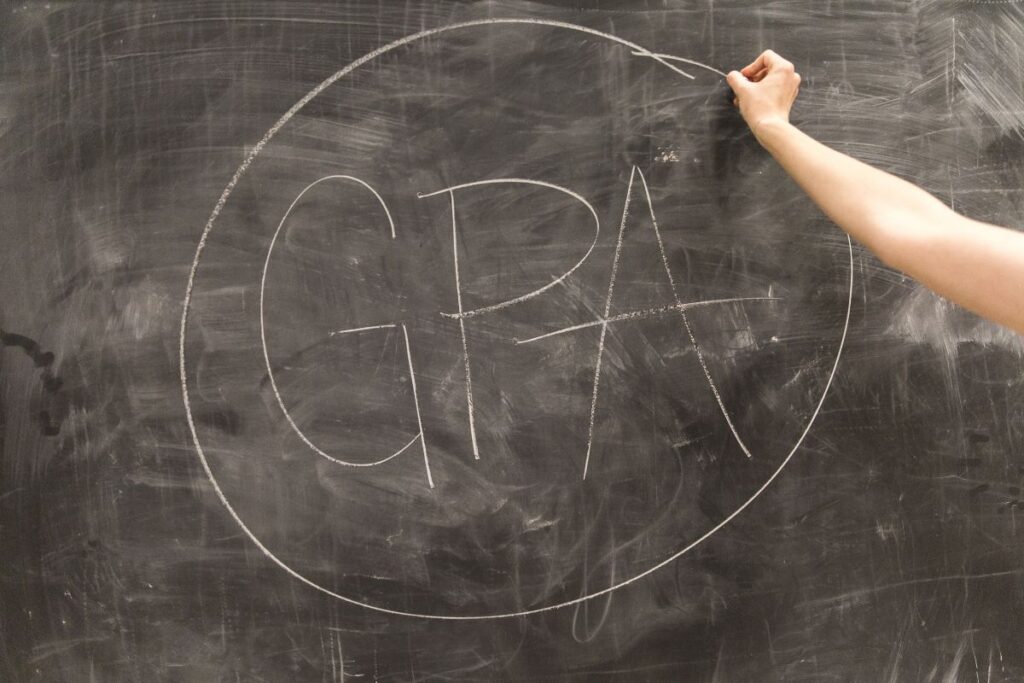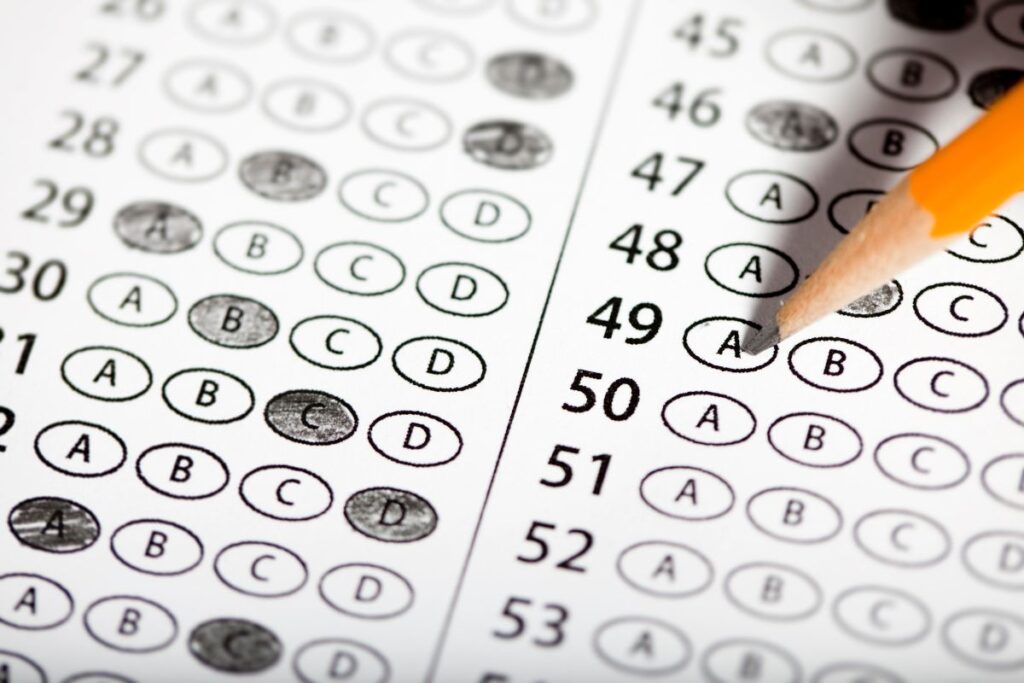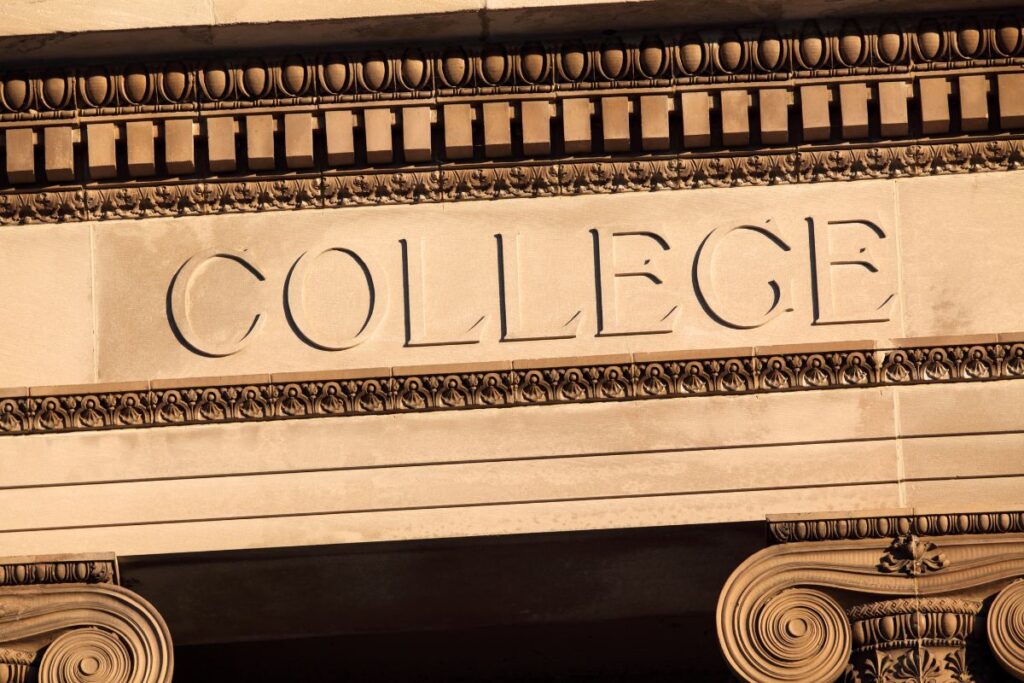Ah, junior year—the sweet spot of high school. You’re no longer the “new kid” like in freshman year, and you’re not drowning in the nostalgia and deadlines of senior year. But let’s not sugarcoat it—this is the year that carries the most weight in the college admissions process. Admissions officers often view the junior year as a make-or-break period when evaluating students, so it’s time to bring your A-game.
From excelling academically to exploring college options, your junior year of high school checklist is your roadmap to success. This is the perfect time to focus on grades, explore college choices, and prepare for standardized tests. A strong showing in 11th grade can set the tone for your entire college application process.
This article will walk you through the key steps to make your junior year count. We’ll cover how to:
- Master your academics and build a competitive GPA.
- Create a personalized junior year checklist to stay organized.
- Prepare for and tackle standardized tests.
- Dive into the college search process and visit campuses.
- Balance it all with extracurricular activities and leadership roles.
By the end, you’ll be ready to conquer junior year like a pro—and we’ll even show you how Morzep College Coaching can guide you through every step of the college preparation process.
Let’s get started!
Speak with a college coach today!
Speak with an expert college coach and learn if working with one is right for your academic journey. Free 15-minute consultation, no cost, no obligations.
1. Focus on Academics: Your GPA Matters
When it comes to college applications, junior-year grades hold a lot of weight. Admissions officers pay close attention to your performance in 11th grade because it’s often the most recent and comprehensive reflection of your academic abilities. It’s also when you’re likely enrolled in your most challenging courses. A strong GPA can increase your chances of admission to competitive schools and help you qualify for merit scholarships.
To excel academically and make the most of your junior year of high school checklist, follow these tips:
- Stay Organized with Your Class Schedule: Use a planner or app to track assignments, deadlines, and exam dates. This helps you balance schoolwork with other commitments like extracurricular activities and leadership roles.
- Challenge Yourself Smartly: Take Advanced Placement (AP), International Baccalaureate (IB), or dual enrollment courses if available. These rigorous classes demonstrate your ability to handle college-level work and can even earn you college credit. Just don’t overload your schedule—balance is key.
- Seek Help Early: Don’t wait until you’re overwhelmed. Reach out to your teachers or guidance counselor for support, or consider tutoring if you’re struggling with a subject.
- Use Spring Break Wisely: Review material, prepare for standardized tests, or explore upcoming college fairs to learn more about academic programs and college admissions requirements.

Additional Reading: Learn The Truth About Your GPA: Does High School GPA Matter After High School.
According to the National Association for College Admission Counseling (NACAC), your GPA is one of the top factors colleges consider in the application process. By staying on top of your coursework and proactively addressing challenges, you’ll set a strong academic foundation for your college goals.
Remember, your GPA isn’t just a number—it reflects your effort, growth, and readiness for the next big step in your education journey.
2. Start Building Your Junior Year Checklist
Creating a well-organized junior year of high school checklist is the key to staying ahead and avoiding last-minute panic. Junior year is a busy time, but with a plan in place, you can tackle everything from academics to the college application process without feeling overwhelmed. Here’s how to get started:
1. Research Colleges That Match Your Goals
- Start your college search by exploring schools that align with your academic interests, career goals, and preferred campus culture.
- Use trusted resources like the College Board or other college search websites to build a balanced list of schools, including reach, target, and safety options.
- Attend college fairs, both in person and virtual, to connect with admissions professionals and gather information about academic programs and financial aid.
2. Stay Involved in Extracurricular Activities
- Colleges value well-rounded students, so continue participating in clubs, sports, or community organizations.
- Take on leadership roles where possible, whether as an activity leader, team captain, or organizer of a community service project. These roles highlight initiative and teamwork skills.
3. Strengthen Relationships with Teachers
- Your teachers play a vital role in your college applications by writing compelling letters of recommendation.
- Build rapport by engaging in class, asking thoughtful questions, and seeking advice when needed.
- Don’t forget to connect with your guidance counselor or college coach for advice on your Senior Schedule and other college preparation steps.
Additional Reading: You should also take a look at Senior Year Checklist: Key Milestones and Deadlines to Remember.
By following this junior year checklist, you’ll be on track to make informed decisions about potential colleges, meet application deadlines, and set yourself up for a smooth college admissions process. With plenty of time to prepare, this is the perfect time to take charge of your future!
3. Nail Standardized Tests
Standardized tests like the SAT or ACT are a major component of your junior year of high school checklist, especially if you’re aiming for colleges that still require them. While some schools have gone test-optional, strong test scores can enhance your college applications, boost your chances of admission, and qualify you for merit scholarships.

Here’s how to prepare like a pro:
1. Decide Which Test to Take
- The SAT and ACT are accepted by most colleges, but their formats differ slightly. Research which test aligns better with your strengths. The College Board and ACT websites offer comparison tools to help you decide.
- Check the test requirements for your list of colleges to see if one is preferred.
2. Create a Test Prep Plan
- Start early! Most experts recommend beginning prep at least 3–6 months before your first exam.
- Use official practice resources like full-length practice tests from the College Board or ACT.
- Consider a prep course, tutor, or online tools if you need extra support.
3. Schedule Your Tests Wisely
- Take your first SAT or ACT during winter or spring of your junior year in high school. This leaves plenty of time for a retake if needed.
- Register early to secure your preferred date and location. Fee waivers are available through your school counselor if needed.
4. Know Your Options
- While test-optional policies are becoming more common, a high score can still strengthen your college application process and open doors to competitive schools.
Additional Reading: Read more about What Are Standardized Tests and Why Do They Matter?
By staying organized and proactive, you can make standardized tests a strong point in your junior year checklist and set yourself up for success in the college admissions process.
4. Explore College Options Early
Junior year is the perfect time to start exploring your college options. By researching schools and visiting campuses, you’ll gain a better understanding of what kind of environment suits you best, which helps narrow down your list of colleges. Starting early gives you plenty of time to make informed decisions and avoid rushing during senior year.
Why Start Now?
- Many colleges recommend visiting campuses during your junior year because it gives you a head start on the college admissions process.
- By the time application deadlines roll around, you’ll already have a solid sense of which schools are the best fit for your goals, interests, and budget.
What to Look for During College Visits (and Virtual Tours)
- Campus Life: Pay attention to the vibe. Are students friendly? Are the dorms comfortable?
- Academic Programs: Explore facilities and meet professors in your desired college majors.
- Cost of Attendance: Ask about tuition, scholarships, and financial aid packages during tours.
If travel isn’t an option, many colleges offer interactive virtual tours, giving you a glimpse of campus from home.
Additional Reading: You might also want to read Trending Now: The Best College Majors for the Future.

Build a Balanced College List
- Use your junior year checklist to create a well-rounded college list with:
- Reach Schools: Dream colleges that might be a challenge to get into.
- Target Schools: Colleges where you’re a strong candidate.
- Safety Schools: Schools where your chances of admission are high.
Pro Tip: Utilize Resources
- Attend college fairs and college nights to meet college admissions professionals and gather materials.
- Your Morzep college coach can help refine your college search and suggest schools you might not have considered.
Starting your college exploration during junior year ensures you’ll be ready to hit the ground running when the college application process begins. Plus, it’s a great way to get excited about your future!
5. Build a Winning Resume
Your junior year is the perfect time to craft a resume that highlights your unique skills, achievements, and interests. A polished resume not only strengthens your college applications but also comes in handy for scholarships, internships, and leadership opportunities.
How to Showcase Your Skills
- Highlight Extracurricular Activities: List clubs, sports, and community organizations you’re involved in, especially those where you’ve taken on leadership roles. Admissions officers love to see initiative and commitment.
- Focus on Achievements: Include awards, recognitions, and any community service achievements that demonstrate your dedication and impact.
Volunteer or Intern to Stand Out
- Find Volunteer Opportunities: Look for roles in community organizations or causes you’re passionate about, such as tutoring, environmental work, or event planning.
- Secure an Internship: Internships related to your potential college majors or career goals show maturity and a willingness to learn. For example, shadowing professionals or participating in summer programs can make a big impression.
- These experiences not only enrich your resume but also provide material for a standout college essay.
Keep Track of Accomplishments
- Use a digital college planner checklist or a simple document to log activities, positions, and accomplishments as they happen. This will make it easier to reference when completing scholarship applications or requesting letters of recommendation.
- Don’t forget to mention any academic milestones, like excelling in Advanced Placement or International Baccalaureate courses.
Additional Reading: Learn more interesting tips in Shining Bright: Essential Tips for Aspiring Honors Students.
A strong resume is an essential part of your junior year of high school checklist. It ensures that when it’s time to submit your college applications, you have a clear, organized record of your achievements and experiences that makes you shine.
6. Financial Planning: Don’t Skip This Step
When it comes to preparing for college, financial planning is just as important as academics. Your junior year in high school is the best time to have honest conversations with your family about college costs and explore financial aid opportunities. Starting early ensures you have time to make your decision and build a solid financial strategy.
Why Start Financial Planning Now?
- With the college application process just around the corner, knowing your budget helps narrow your list of colleges to those that align with your financial situation.
- According to the U.S. Department of Education, understanding the cost of attendance, including tuition, room, board, and other expenses, is a crucial part of the college planning process.
How to Add Financial Planning to Your Junior Year of High School Checklist
- Research Scholarships and Grants: Start a scholarship search using resources like Fastweb and College Board. Focus on opportunities like merit scholarships, which can significantly reduce costs if you meet their requirements.
- Understand Financial Aid Options: Learn about the types of aid available, such as federal grants, loans, and work-study programs. Tools like the FAFSA4caster can help estimate potential aid.
- Plan for Application Fees: Set aside funds for fees associated with college applications, college visits, and standardized tests.
Pro Tip: Create a Budget
- Map out a budget for expenses like travel to campus tours or virtual tours.
- Discuss a college savings plan with your family to ease the financial burden.

Additional Reading: You might also be interested in Understanding Your Financial Aid Options: A Guide for Students.
Adding financial planning to your junior year of high school checklist ensures you’re prepared to tackle the college financial aspects with confidence, helping make your college goals achievable and stress-free.
Partner with Morzep College Coaching: Your Roadmap to Success
Navigating the college admissions process can feel overwhelming, but you don’t have to do it alone. At Morzep College Coaching, we specialize in helping students and families turn dreams into plans and plans into success. From crafting a personalized junior year of high school checklist to preparing standout applications, we’re here to guide you every step of the way.
How We Can Help You Thrive
- Personalized Junior Year Checklists: Stay organized and on track with tailored guidance that prioritizes your goals, whether it’s excelling in Advanced Placement classes or building your college list.
- SAT/ACT Prep and Strategy: Our expert resources and test-taking tips ensure you approach standardized tests with confidence and a game plan.
- College Application Support: From selecting the right schools to polishing your college essay, we help you present your best self to admissions officers.
- Interview and Resume Preparation: Learn how to ace interviews and showcase your extracurricular activities, leadership roles, and community service achievements.
- Financial Aid and Scholarships: We simplify the search for scholarships and grants while helping you navigate tools like the FAFSA and CSS Profile.
Our Mission
At Morzep, we believe every student deserves the chance to attend their best-fit college. Whether you’re exploring vocational-technical schools, community colleges, or highly competitive schools, our goal is to help you make informed decisions and achieve your college aspirations.
Let’s Get Started
Don’t wait—junior year is the perfect time to start building your future. Contact Morzep College Coaching today for a free consultation and learn how we can make your college planning process smoother, smarter, and stress-free!





